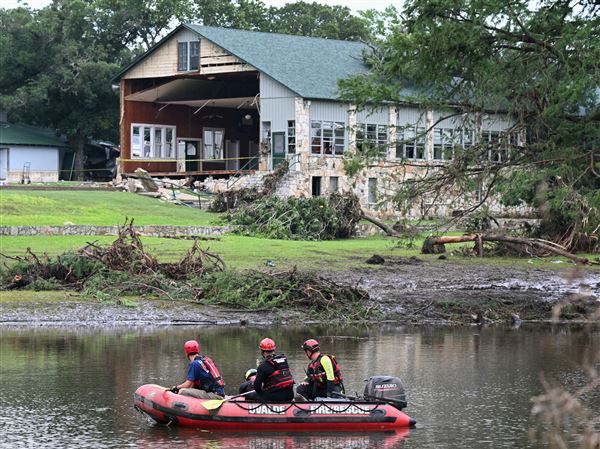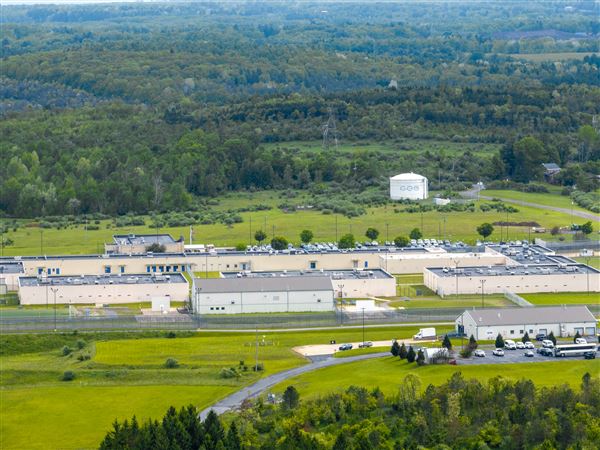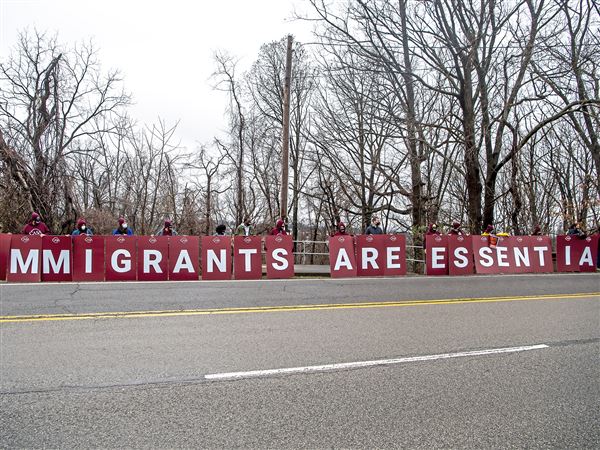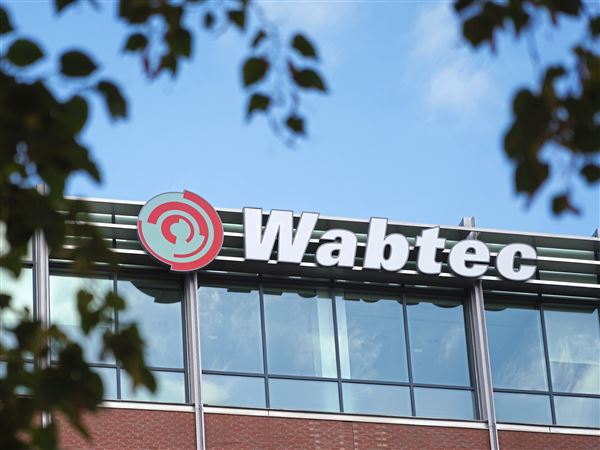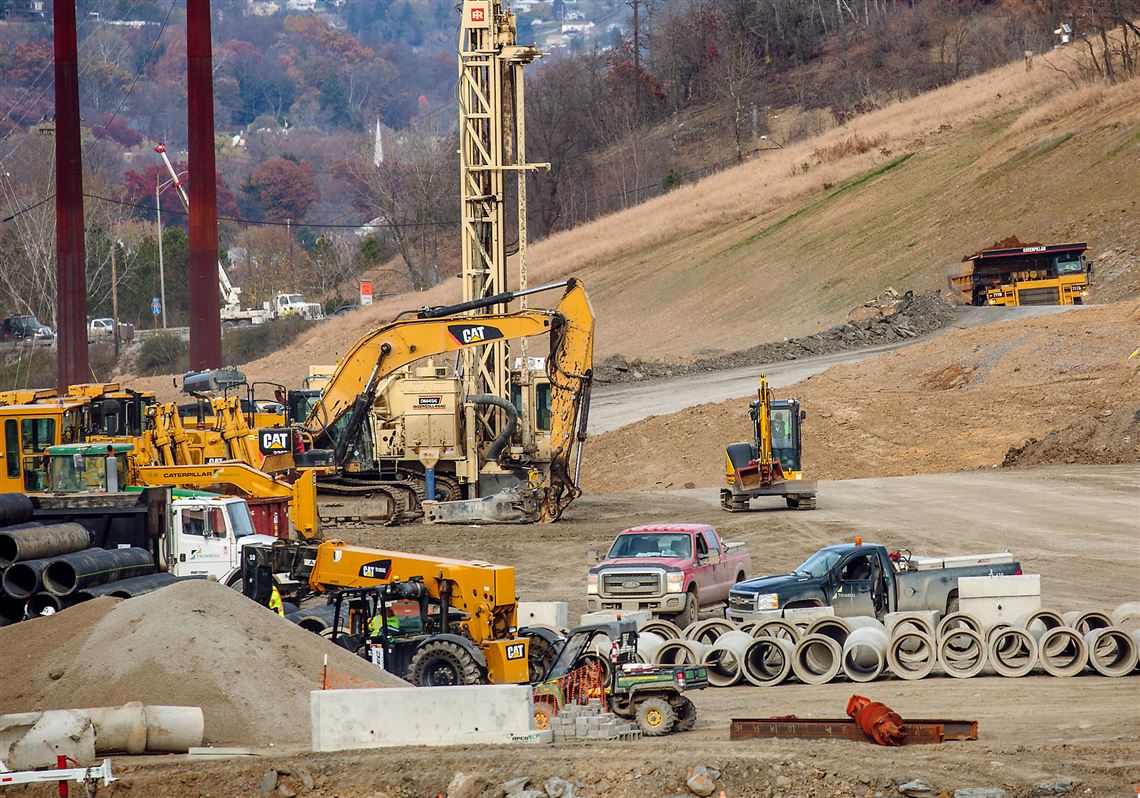After a 10-hour hearing on Tuesday that spilled over into another two hours on Wednesday, Potter Township supervisors have delayed a decision on a conditional use permit for the Shell cracker and have asked the company for more information.
The three supervisors charged with evaluating Shell Chemical Appalachia’s application asked the company and the Clean Air Council, an environmental nonprofit that has taken issue with portions of Shell’s submission, to file legal arguments by Jan. 6 explaining why the application should be approved, denied or reconsidered, according to Patrick Auth, an attorney for the Clean Air Council. They also asked for a meeting with a project manager in Shell’s pipeline segment to get more information about the infrastructure that will be flowing through the area.
On Tuesday, Rebecca Matsco, who chairs the board of supervisors, asked Shell external affairs manager Chris Heitman for information on pipelines but he said he had none to offer, explaining that it’s a different part of the company that deals with pipelines.
Wednesday, Shell attorneys agreed to make that meeting happen. They also agreed to certain noise limits during the construction phase of the project.
Today, Shell officials will once again face the public at a hearing about two environmental permits hosted by the Pennsylvania Department of Environmental Protection.
Here, Shell is seeking permission to discharge storm water and wastewater into the Ohio River and Poorhouse Run under a permit that was originally issued to Horsehead Inc., the company that operated a zinc smelter on the site where the cracker is being built.
Shell wants to amend Horsehead’s permit, which was transferred to Shell, to accommodate its operations.
A number of environmental groups, led by the Environmental Integrity Project, have asked the DEP to treat the Shell plant as a brand-new facility, one that warrants a brand-new discharge permit instead of piggybacking off the limits approved for Horsehead.
The DEP hearing also will concern Shell’s air permit for the facility and the company’s ability to purchase more allowances of one pollutant in exchange for another.
The petrochemical complex will be among the largest emitters of volatile organic compounds in the state. VOCs mix with nitrogen oxides and sunlight to form ground-level ozone, which is particularly harmful to children, the elderly and people with asthma and other respiratory illnesses. To get its air permit, Shell had to secure emission reduction credits, which are issued to other companies that reduce or stop emissions.
For example, to be allowed to put out a certain amount of nitrogen oxides and particulates into the air, Shell bought credits from several shuttered coal plants, such as FirstEnergy’s Hatfield’s Ferry and Mitchell. The credits are good for 10 years.
But it was able to secure only a small fraction of the VOC credits needed to operate the plant. So the company is asking the DEP to modify its permit to allow Shell to buy more NOx credits to make up the difference. By taking more NOx out of the air, Shell reasons, it lessens the opportunity for mixing with VOCs and thereby lessens ground-level ozone.
The DEP hearing will take place at Central Valley High School from 7 p.m. until 9 p.m. It will be preceded by an hourlong question-and-answer session with Shell officials and representatives from the DEP.
Anya Litvak: alitvak@post-gazette.com or 412-263-1455.
First Published: December 15, 2016, 1:46 a.m.
Updated: December 15, 2016, 5:00 a.m.

